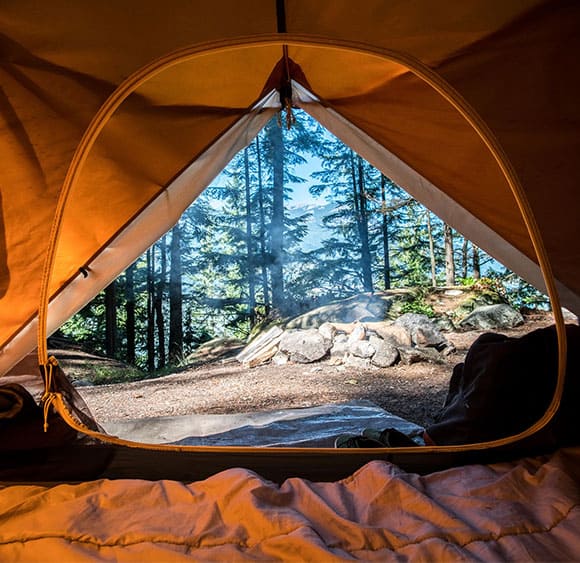

12 Feburary 2022 | By Jane Doe
Beginner-friendly Rv guide for vacations
If you’re new to RVing, you’re undoubtedly overwhelmed by the amount of information available. Assume that you and your pals want to attend an important outdoor music event like Burning Man. If you take a road trip to Burning Man, you’ll notice that there aren’t many places to stay near the event. You will most likely have to camp out with a tent and sleeping bags, and you will have to share public bathroom and shower facilities with other festival attendees. If you travel in an RV, you can return from an arduous day at the festival to climate-controlled, well-furnished living quarters — and, depending on the type, you may have access to a private toilet, kitchen, and shower facilities. You don’t have to worry about the wrong hotel room or a lack of privacy at a hostel when you travel in an RV, and since you’re not changing your living quarters as you go from place to place, the experience of traveling in an RV seems much more grounded and stable. Furthermore, several excellent tools are available to make your vacation as easy as possible.
How to Rent an RV
If you aren’t ready to buy an RV, you may still enjoy the benefits of RV travel by renting one. When we first started looking for RVs in 2014, there were just a few RV rental firms. There are now several possibilities, ranging from local firms specializing in Class B vans to nationwide rental companies such as Outdoorsy and RVShare. These giant RV rental firms act as a marketplace for RV rentals. Private owner’s offer their campers for hire, and you may search for a specific make and model based on what’s available in your region. You may even look for specific brands, like a Storyteller Overland MODE4x4 or a tiny travel trailer weighing less than 3,500 pounds.
Before You Go
It’s critical to learn how the air conditioning, generator, and tank systems function and how to correctly set up the RV if you go with a trailer. When renting an RV, ask the owner about any idiosyncrasies the vehicle may have, as well as how to operate each component. Inquire about hooking up the water and electricity systems, emptying the blackwater, and preparing for a vacation with no hook-ups if you’re traveling to a remote location (known as “boondocking”). Always obtain clear written instructions from the owner. Remember to fill up your fresh water tank, acquire petrol, and top off your LPG tank with propane for cooking before starting the road. Stock your RV kitchen with food, and pack an additional cooler with ice because refrigerators are often tiny. Make a tool pack with a tire repair kit, flares, extra fuses, reflectors, a spare tire, and a jack.
In a nutshell
One of the most typical errors novice RV Roadtrippers make is expecting to go at the same speed as they would in a vehicle. That will not happen, so set moderate expectations while organizing your trip. A good rule of thumb is to plan a 50-mile-per-hour average route pace, which accounts for slower overall speeds, lengthier, and maybe more frequent petrol stops.
